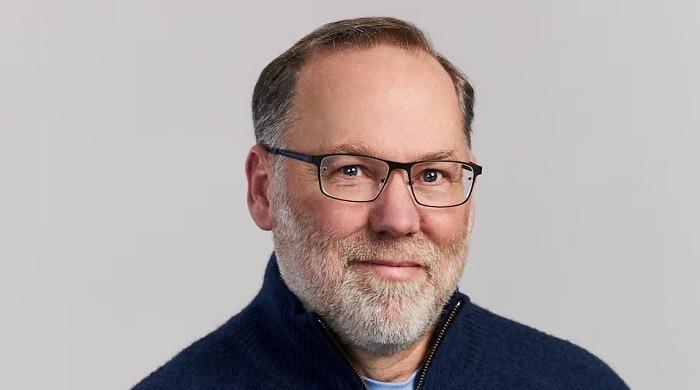One of the winners of the Nobel Prize this year is not only a brilliant medicine researcher, but also a master of balance between the laboratory and life. In fact, it may be so good in this area that he doesn’t even know that he won.
Fred Ramsdell was one of those who received the Nobel Prize in Medicine 2025 on Monday, but he “currently lives his best life” during a “out-of-network” hiking foray, said a laboratory spokesperson based in San Francisco, Sonoma Biotherapeutics. AFP.
Ramsdell shared the prestigious prize with Mary Brunkow from Seattle, Washington and Shimon Sakaguchi from the University of Osaka in Japan for their discoveries related to the functioning of the immune system.
But the digital detox of the winner means that the Nobel Committee could not reach him and announce the news to him.
Jeffrey Bluestone, a friend of Ramsdell and co-founder of the laboratory, said that the researcher deserves credit, but that he cannot join him either.
“I tried to reach him myself. I think he may be hiking in the Idaho hinterland,” said Bluestone. AFP.
The Nobel Committee has also encountered a roadblock to try to reach Brunkow-the two researchers are based on the west coast of the United States, nine hours late on Stockholm-but finally managed to reach it.
“I asked them to remember, if they had the opportunity,” said Thomas Perlmann, secretary general of the Nobel Committee, at the press conference announcing the winners.
The three won the prize for their research having identified the “security guards” of the immune system, called regulatory T lymphocytes.
Their work focuses on “peripheral immune tolerance” which prevents the immune system from harming the body and has led to a new field of research and the development of potential medical treatment currently evaluated in the context of clinical trials.
Sakaguchi, 74, made the first key discovery in 1995, discovering a class hitherto unknown to immune cells that protect the body from autoimmune diseases.
Brunkow, born in 1961 and today main project manager at the Institute for Systems Biology in Seattle, and Ramsdell, 64 -year -old senior advisor at Sonoma Biotherapeutics, made the other key discovery in 2001.




